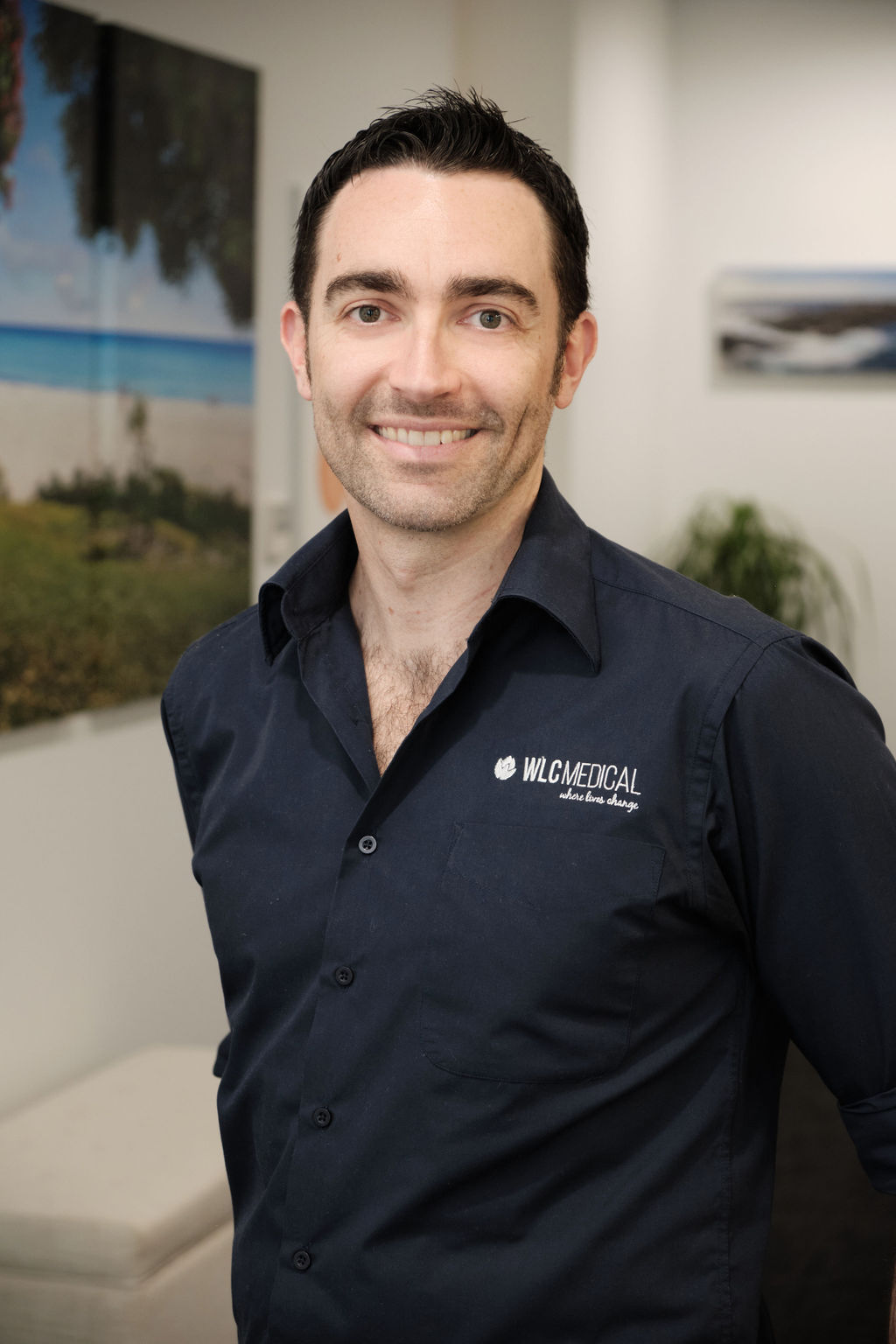Short answer: A New Year’s resolution is a promise to oneself to change a habit or behaviour, in order to accomplish a personal goal, achieved through planning, simplicity, accountability and ongoing support
Long answer:
Every year, millions of people make New Year’s resolutions, hoping to spark positive change. The recurring themes each year include a more active approach to health and fitness, improved finances and learning new things for personal and professional development.
Some of the more common resolutions are:
· Exercise more
· Lose weight
· Get organised
· Learn a new skill or hobby
· Live life to the fullest
· Save money/spend less
· Spend more time with family and friends
· Travel more
· Read more
Despite the best of intentions, once the glow of a fresh new year wears off, many people struggle to make good on their plans. According to a study published in the Journal of Clinical Psychology, only 46% of people who made New Year’s resolutions were successful. That means over half of the people who set a goal for the new year will fail.
A common mistake in resolution setting is having too many goals and spreading yourself too thin. Many of us want to learn new languages, get new job skills and eliminate lots of bad habits, but we aren’t superheroes. We only have so much time and opportunity that we can dedicate to self-improvement, so having too many resolutions is a great way not to achieve the many goals you have set out for yourself.
Writing down your goals allows you to document them for future reference, while also making them more tangible once they progress from ideas in your head to something written that you can see and hold.
Although you may know what your resolution is, sometimes life is hectic and you may easily get distracted and forgetful. Documenting goals can help you overcome resistance to progress and also be a reminder of how far you have come and what you have achieved.
It also helps if you share your resolution with others to create external accountability. It’s great to make a resolution for yourself and maybe even write it down but if no-one else knows about it, it’s easy to forget and ignore. Personal trainers make a living out of being a form of external accountability and ongoing support for their clients.
So if your New Year’s resolution is about getting healthier, we here at WLC Medical can help. If you have decided to take charge and start eating better, our Dietitian Andrea Kunneke can put you on the right track. If you need assistance with injuries that are hindering you from exercising more our Physiotherapist Adam Johnston can help. If you just need someone to help you with a mental health issue or motivate you with your New Year’s resolution, our Psychologist Dave Simich is here for you.
Whatever your New Year’s resolution is, may you achieve all that you set out to do.
Wishing you a safe and happy New Year from all of us here at WLC Medical.

